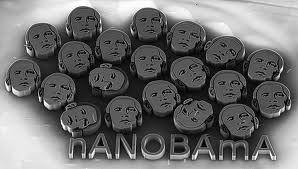Change is inevitable, latest technologies, trends; methods are being introduced in blogging every day. Everyone has their own small tips and tricks to make the blogging experience more enjoyable and successful also. There is a lot of competition in blogging, to match that bloggers need to make more innovative posts, promote them and do many such other thing to be in top in the race.
But there are few things are which are evergreen i.e. fool proof methods to get success in blogging. Here are a few techniques that I believe are evergreen blog posts ideas which never fail:
Spice It Up – Add Some Controversy
Give your readers what they want; yes everyone wants some spice added to their life. So if you are looking for a good response then controversy is the answer. Write an article about hot topics, which people are opinionated about, therefore are likely to get drawn in, read your article, and then comment, hopefully with a fiery response!
Furthermore, if you post something which everyone likes then they are likely to share it with their friends, on their social network profiles. But being a professional blogger one need to know where to draw the line, do not post anything which hurts someones emotions and sentiments.
Be controversial, challenge beliefs and ways of doing things, but do your best not to offend anyone. A good way to do this is to stress that your view, or the perspective you are writing from, is just one view.
Be Honest – Tell a Story With a Moral
If it is a personal blog, share some of your life experiences, good or bad and let your readers know what you have learned from them. Everybody loves to listen to real stories, so your post will engage your readers and also encourage some to share similar life experiences in their comment.
Share Good Resources
Once in a while you can share a list of articles about popular subjects. You do not necessarily need to go in depth; just post a clean list, which will help your readers to find great resources that you too find valuable. In this you will please your visitors, and will surely find many coming back to your site in search of more useful content.
Talk About Others Also
Share with your readers what interest you. Share with them those interesting sites and blogs which you follow or read regularly. This post of your make them appreciate you more. This way you can ask for link back from the sites you have mentioned in your post.
Use Mix of Text, Images and Videos
It’s not advisable only to make text only post on your blog that tends to get boring at sometime. So add interactive images, even videos to make your post interesting. You can also record a video of the topic you want to share with your readers and use as your blog post. Saying your thing personally with your readers adds that personal touch to your post and builds more personal connection between you and your readers.
Happy Blogging!


